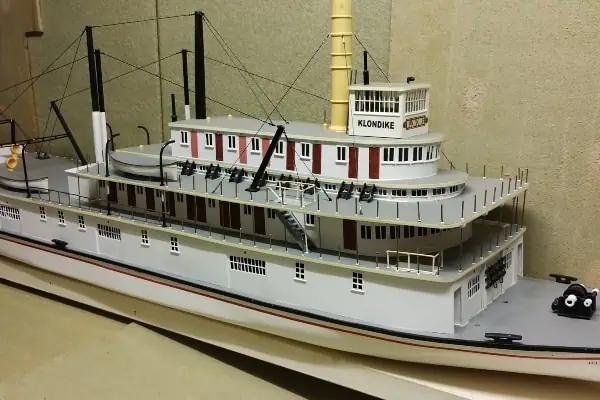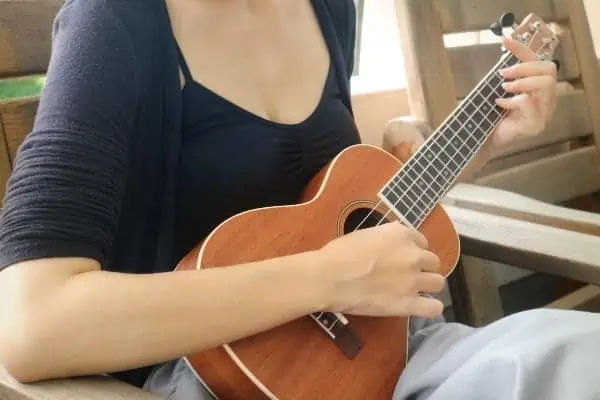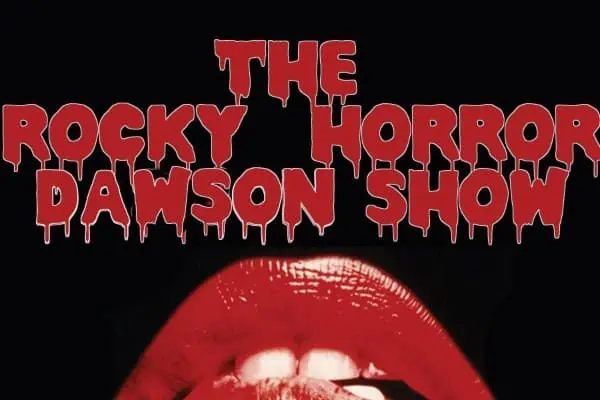Howard Chymyshyn (aka Chymy) was born in Medicine Hat, Alberta in 1946 (my mom was born in the very same town 10 years later).
His parents were both in the Army, and when Howard was young, the family moved to rural Manitoba. At that time, everyone was afraid of the atom bomb so they kept their family a safe 30- km distance from the “potential bomb zone” of Winnipeg.
I ask Howard about primary school, and he spins me a yarn about how he got his first afterschool job.
His brother had caused a ruckus on the school bus one day and Howard got blamed for it. As there was no substantiating evidence against either one of them, they were both kicked off the bus for good.
That’s when Howard started hitchhiking the 11km to school.
One day, a dairy farmer from down the way was falling asleep at the wheel and picked Howard up so that he could drive and the farmer could nap. Not long after that, the farmer hired him to drive his milk truck.
My favourite story about this job was about the day the farmer sent him 40 kms away to “get the brakes fixed on the truck”.
I ask Howard about high school. This was the turning point for him musically.
The story of how a saxophone ended up in his hands is an emotional one, and one that so many youth have had to – and continue having to – to deal with now: bullying.
There were four bullies in Howard’s life in Grade 9. He was at the end of his rope with their treatment and had made a decision to do something about it.
Mere hours before he did anything, though, his father sat him down and told him that he and Howard’s uncle Roy wanted to fund music lessons for him.
Howard agreed, on the condition that he would be able to take the bus to and from the lessons on his own. When his father agreed, Howard realized that he had unknowingly requested respect, independence, and trust without having to spell it out.
His father asked him what instrument he’d like. Howard said drums. Dad said, “What about saxophone?” And that was that.
Howard didn’t even think about those bullies again. He’d overcome them.
After high school, Howard joined the Royal Canadian Air Force in Ottawa. He met his wife there while holding the rank of Leading Air Craftsman 1.
After two and a half years there, they moved to Winnipeg so Howard could play more music (he’d like to tell me tales of his time with the RCAF, but he signed an Offi cial Secrets Act document, so he can’t).
There he got a long-standing gig at a strip club called the Constellation Room; the band was known as The Saints.
A couple of years, a daughter and a divorce later, Howard moved to Victoria and spent the next 16 years blowing his horn around the B.C. capital.
He house-sat, boat-sat, and even tree-sat, sometimes busking five sets of music in a 14-hour day to stave off having to access welfare.
While on a 10-month tree-sitting stint, a mean old lady ratted him out and actually got the tree cut down, just so he couldn’t sleep under it any more. Some people are so boring.
Two of Howard’s good friends flew him up to visit Whitehorse during the Christmas holidays of 1996. Those first months that he was here, he was looking for the perfect busking spot.
One spring day in 1997, he was standing outside of the travel agency on 3rd Avenue, when a senior citizen with a European accent walked by and asked him what he was going to do.
They spoke briefly and the man took him to a bench in front of the Elijah Smith building. The picture accompanying this article was taken that very day and was featured on the cover of the Yukon News the next day.
Howard has lived here since. His ever-growing admiration of the musicians and support groups for the arts is a testament to his character and lovely personality; the ever-charismatic Howard Chymy truly is World Famous in the Yukon.
His record for playing in freezing temperatures was -8C with a -12C wind chill. That day, he played for 35 minutes outside of the Whitehorse Liquor Store.
Howard’s most memorable musical experience was accidentally sitting in on a “fast shuffle in A” with Paul Butterfield’s band at a coffee house called Hibou on Dalhousie Street in Ottawa in 1969.
Howard is so animated while telling me about this that as soon as I get home, I get on the YouTube and quickly realize that these guys were epic. Seriously, they played Woodstock the same year that Howard jammed with them!
He recommends that you listen to the Butterfield Blues Band album titled Live.




